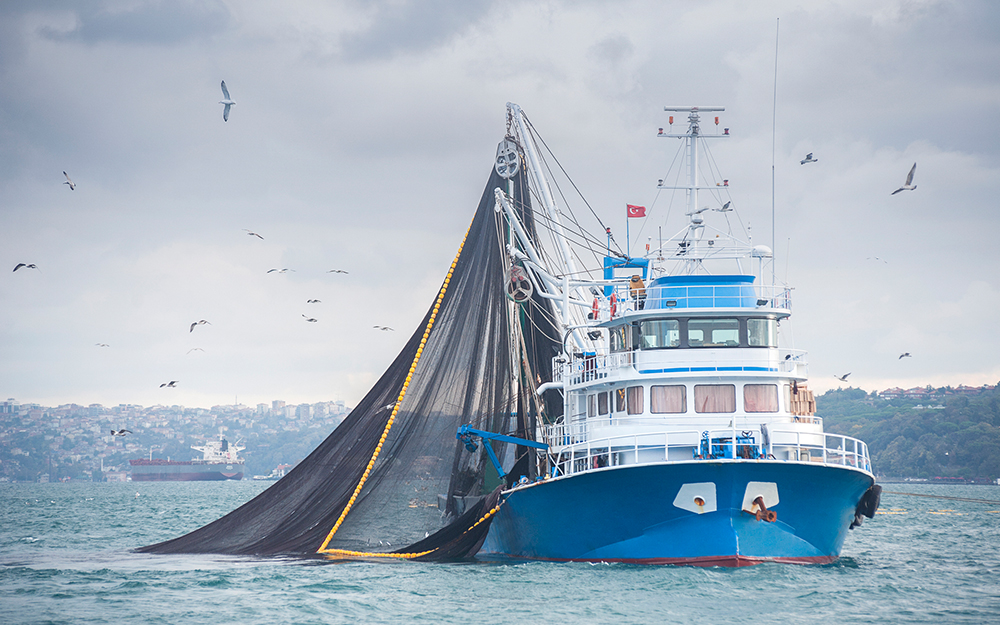Feedstock management, extraction and hydrolysis biorefinery technol
The Context

Transforming Fish By-Products: A Path to Sustainability and Economic Efficiency
Annually, over 90 million tons of fish and shellfish are caught globally. After capture, fish undergo processing, which often results in large quantities of by-products, such as heads, bones, guts, and shells.
These by-products represent between 30 and 70 per cent of the whole fish and provide a good source of macro- and micronutrients. Yet, they often go underutilised and end up as waste resulting in an important environmental footprint and economic inefficiency. In this context, finding sustainable valorisation routes for this biomass is a key path for real circular bioeconomy sustainability.


